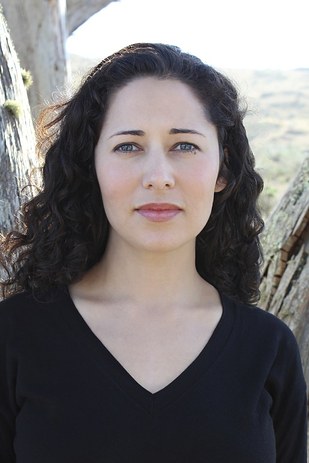
And the fact that she was pregnant with twins came as an even bigger surprise. I knew from the get-go that she was something of an outsider to the world of the parish office, but I don’t think I realized she was pregnant until I’d typed the words. I was interested in this young woman, who, without actively questioning the Catholic values she’s grown up with, has found a more or less comfortable way of making her own choices within that structure, but who still has to spend eight hours a day at church. I couldn’t start writing, therefore, until I understood that it was Crystal’s story.

Initially, it was going to be about the horrific murder of a priest however, as compelling as any situation might be-and I found the murder pretty compelling-I can never find my way into a story until I have a character. The seed for this story actually began with another, more dramatic situation. Did you have this situation in mind before you even started writing? When you write, do you find yourself driven more often by a situation or by a character?


The tension is set up from the beginning: children born out of wedlock, of course, are not really the Catholic Church’s thing. In “ Ordinary Sins,” your story in this week’s issue of the magazine, a young unmarried pregnant woman named Crystal works in the parish office of a Catholic church.


 0 kommentar(er)
0 kommentar(er)
